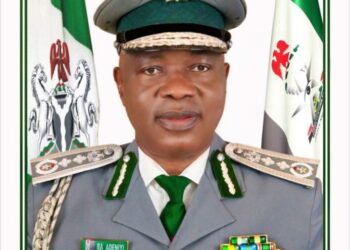Major revisions to the International Convention on Standards of Training, Certification and Watchkeeping for Seafarers (the STCW Convention), and its associated Code enter into force on 1 January 2012, with a five-year transitional period until 1 January 2017.
The “Manila Amendments” were adopted at a Diplomatic Conference in Manila, the Philippines, held in June 2010, and are aimed at ensuring that the necessary global standards will be in place to train and certify seafarers to operate technologically-advanced ships for some time to come.
Major revisions to the International Convention on Standards of Training, Certification and Watchkeeping for Seafarers (the STCW Convention), and its associated Code enter into force on 1 January 2012, with a five-year transitional period until 1 January 2017.
The “Manila Amendments” were adopted at a Diplomatic Conference in Manila, the Philippines, held in June 2010, and are aimed at ensuring that the necessary global standards will be in place to train and certify seafarers to operate technologically-advanced ships for some time to come.
The important changes to each chapter of the Convention and Code include the following:
• Improved measures to prevent fraudulent practices associated with certificates of competency and strengthen the evaluation process (monitoring of Parties' compliance with the Convention).
• Revised requirements on hours of work and rest and new requirements for the prevention of drug and alcohol abuse, as well as updated standards relating to medical fitness standards for seafarers.
• New certification requirements for able seafarers.
• New requirements relating to training in modern technology such as electronic charts and information systems (ECDIS).
• New requirements for marine environment awareness training and training in leadership and teamwork.
• New training and certification requirements for electro-technical officers.
• Updating of competence requirements for personnel serving on board all types of tankers, including new requirements for personnel serving on liquefied gas tankers.
• New requirements for security training, as well as provisions to ensure that seafarers are properly trained to cope if their ship comes under attack by pirates.
• Introduction of modern training methodology including distance learning and web-based learning.
• New training guidance for personnel serving on board ships operating in polar waters.
• New training guidance for personnel operating Dynamic Positioning Systems.
















Discussion about this post